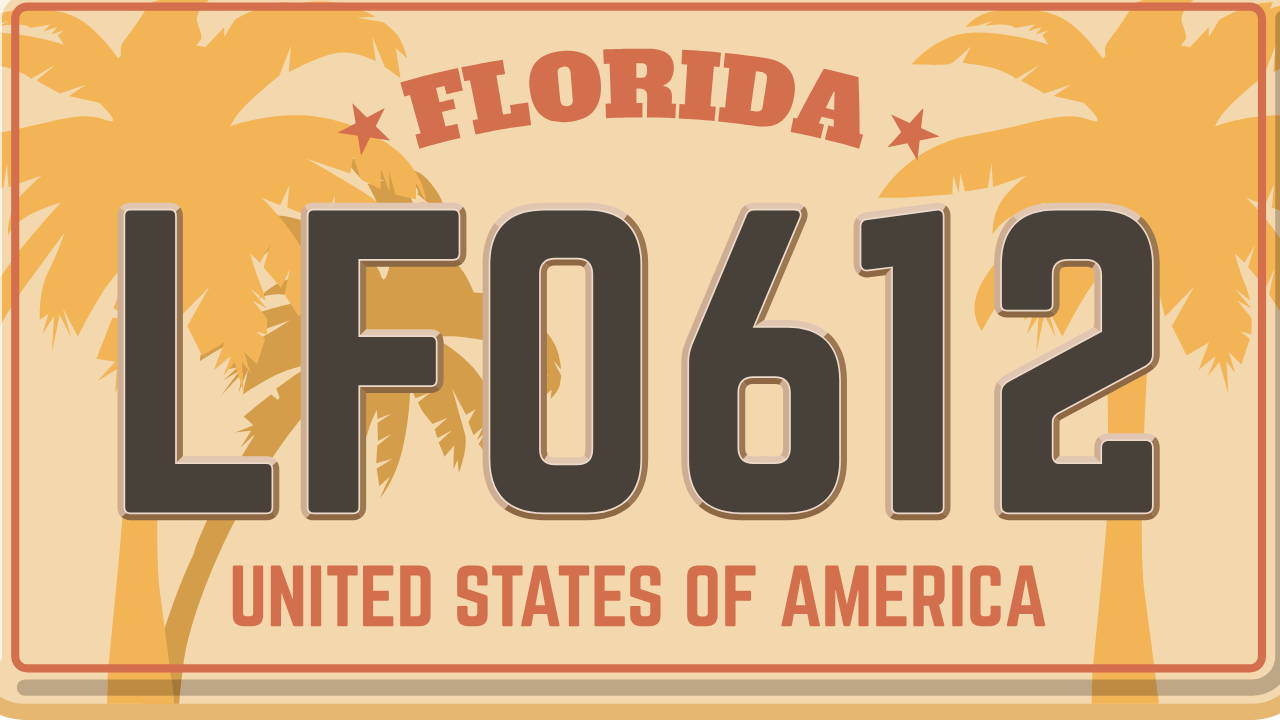Language:
Tax Deductions for Independent Contractors: Save Money

When you are an independent contractor, filing your tax return can be challenging. Unlike an employee, you don’t have taxes taken out when you are paid. Instead, you pay tax on the business activity reported on your personal return.
As a contractor, you need to know what tax deductions you can take. Overlook a deduction? Don’t realize you qualify for a write-off? You could end up paying more in taxes than you should. With this guide, you can learn how to save money with tax deductions for independent contractors.
Tax Deductions for Independent Contractors
Independent contractors can claim tax deductions to lower their income. Some of the most common deductions you can take when you are self-employed are:
1. Self-Employment Tax Deduction
As an employee, your employer deducts 7.65% from your paycheck as your contribution to FICA and Medicare taxes. Employers are required to match this 7.65% contribution. As an independent contractor, however, this process works differently.
An independent contractor pays the full share of social security and Medicare taxes on what they earn. However, you can take the self-employed tax deduction for 50% of what’s owed. Essentially, you end up paying only 7.65%.
2. Home Office Deduction
If you have an office or dedicated workspace in your home, you may be able to deduct some of the costs incurred. Under the home office deduction, part of what you pay for mortgage interest, utilities, insurance, and other related expenses could be deductible.
The deduction for home office expenses is based on the percentage of your home set aside exclusively for your business activity. To qualify for the home office deduction, the space you set aside must be regularly and solely used to conduct business. A dedicated office or room would qualify. However, the corner of your dining room table would not.
Additionally, your home office must be your principal place of business. Even if you conduct business at another location, you may still be eligible for the home office deduction if you use your home to do business regularly.
For example, if you carry on business at another location but regularly meet with clients or customers in your home, you could be eligible to deduct home office expenses. However, if the use of your office space at home is more for your convenience, costs may not be deductible.
If you qualify, the home office deduction is based on the percentage of space devoted to conducting business. For example, if you live in a 2,000-square-foot home and use a room that is 200 square feet as your office, you could deduct 10% of relevant expenses.
3. Internet and Phone Bills Deduction
If you use your personal cell phone or internet connection for business, you can write off part of your monthly bill. Like your home office deduction, apply the percentage attributed to business use to calculate your deduction.
4. Vehicle Use Deduction
You can take a tax deduction if you use your vehicle for business. The deduction for utilizing your vehicle may be calculated one of two ways: standard mileage or actual expense.
- Standard mileage rate: Multiply your business miles for the year by the standard mileage rate of 0.655.
- Actual expense method: You deduct the business portion of the vehicle costs incurred for the year. Vehicle costs include gasoline, insurance, repairs, and fees. Apply the percentage of business use to this total to calculate the vehicle use deduction.
5. Office Supplies Deduction
You may need office supplies to get your work done. You can deduct the cost of paper, toner, pens, and other office supplies you purchase if you use them for your contract work.
6. Health Insurance Deduction
As an independent contractor, you may be able to deduct your health insurance premiums. Your self-employed health insurance deduction could be reduced or disallowed if you participate in another health insurance plan, such as with a spouse or another employer.
7. Dues Deduction
As a contractor, you may join a networking group or civic organization to expand your business. If you have a business purpose for attending, your dues may be tax-deductible.
8. Travel Deduction
If you travel away from home for business, your transportation and lodging expenses may be deductible. For incidental costs, like tips, you could write off your actual or stick with the IRS allowance of $5 per day.
9. Meals Deduction
If you take a client to lunch or buy dinner while traveling for business, you can write off 50% of your meal costs. Meals must be reasonable in cost and have a business purpose to be deductible.
10. Advertising Deduction
You can deduct the money spent to advertise your business. Such costs may include physical advertising, such as billboards or magazines. Digital advertising, like Facebook ads, is also deductible. Even your website and the money you pay to keep it maintained can be deducted.
11. Continuing Education Deduction
The money you pay toward continuing your education may be deductible. If you subscribe to professional publications or attend webinars or conferences directly related to your profession, you may be able to write off these education expenses.
12. Business Insurance Deduction
If you carry insurance for your business, the premiums paid are deductible. Business insurance coverage may include general liability, fire, theft, or personal liability.
13. Rent Reduction
When you rent office space from a paying customer, your rent payment may be deducted from what they owe you. Suppose the customer reports your earnings on Form 1099 NEC for the full amount, including the rent. In that case, you can deduct this as a business expense. However, you have nothing to deduct if your 1099 reflects the net amount.
14. Loan Interest Deduction
You can take a tax deduction for the interest paid on a business loan or line of credit. You may also deduct the interest incurred if you pay business expenses with a credit card.
15. Qualified Business Income Deduction
Depending on your filing status, income, and type of business, you may be able to take the qualified business income (QBI) deduction on your personal tax return. You could deduct up to 20% of your self-employed taxable income. The QBI deduction may be limited when the total taxable income exceeds $182,100 for single filers or $364,200 for joint filers.
16. Start-Up Costs Deduction
You may be able to deduct up to $5,000 in start-up costs and $5,000 in organizational costs in the year you begin business. Start-up costs may include furniture, supplies, professional fees, and licenses. The deduction phases out if you have over $50,000 in start-up costs.
17. Memberships Deduction
If you become a member of a trade or professional association, your membership fees may be deductible if they relate to your business. Memberships that serve a social or recreational purpose, such as a country club or golf association, would not be tax-deductible.
18. Retirement Plan Deduction
You can deduct the amounts contributed to your Simplified Employment Plan (SEP). If you have a traditional Individual Retirement Account (IRA), you might be able to deduct up to $6,500 (or $7,500 if you are over 50 years old). IRA deductions may be by your income and whether you or your spouse participated in another retirement plan.
Avoid Missing Tax Deductions with doola Books
When you are self-employed, you want to hold onto every penny you can. A missed tax deduction can cost you. Keep track of your expenses to avoid paying more taxes than you should. With doola Books you can easily see all your business activities in one place.
Track expenses, bill customers, and download your bank transactions through doola. At any point in time, you can see where your finances stand. Don’t miss tax deductions for independent contractors by having a clear view of your business with doola Books.
FAQs
Are independent contractors eligible for tax deductions?
Yes – independent contractors are eligible for tax deductions. You may deduct ordinary and necessary costs for your business activities when you are self-employed.
What records should I keep to support my tax deductions as an independent contractor?
You should retain copies of all invoices and receipts to support your tax deductions. In addition, keep credit or debit card slips and canceled checks to prove payments were made.
How do tax deductions for independent contractors affect their overall taxes owed?
Deductible expenses reduce your self-employment income. As your income decreases, so does your tax bill.
Keep reading
Start your dream business and keep it 100% compliant
Turn your dream idea into your dream business.















